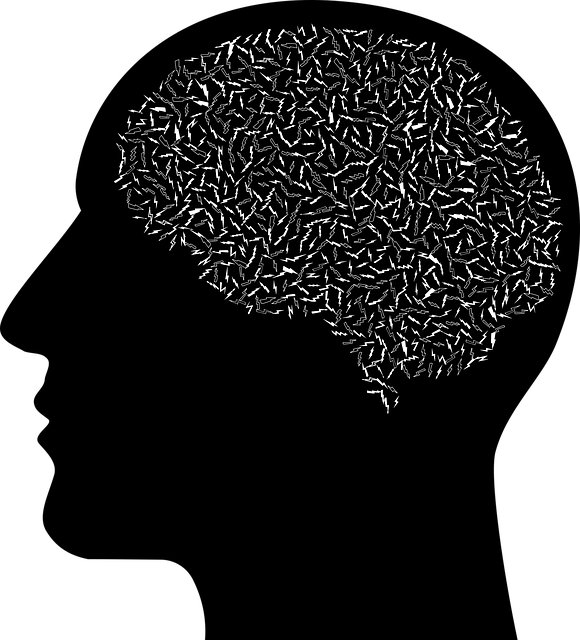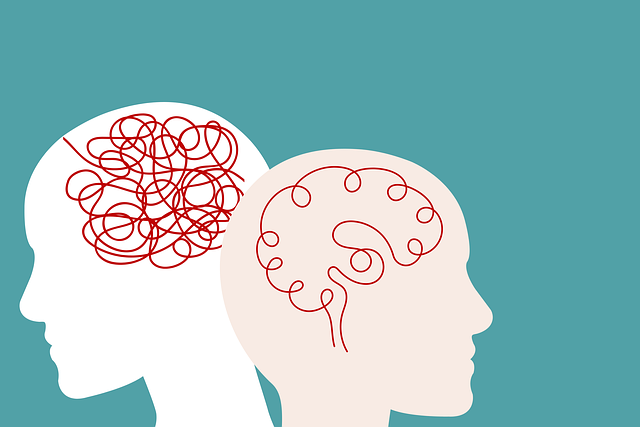Lafayette Polyamorous and Open Relationships Therapy (LPORT) offers specialized mental wellness programs tailored for individuals in polyamorous or open relationships, addressing unique challenges with innovative techniques. Their evaluation process combines qualitative and quantitative methods, including structured assessments, interviews, and client feedback, to understand program effectiveness. By integrating these insights, LPORT continuously improves its approaches, ensuring relevant and impactful therapy while fostering healthier, fulfilling relationships within diverse communities.
Mental wellness program evaluations are essential for measuring effectiveness and guiding improvement. This article explores innovative approaches, focusing on the unique Lafayette Polyamorous and Open Relationships Therapy model. We delve into diverse assessment methods, from qualitative insights through client feedback to quantitative data analysis. Balancing depth with reach, this comprehensive evaluation strategy allows therapists to tailor programs, ensuring success for all participants. By utilizing these tools, mental health professionals can continuously enhance therapies like Lafayette Polyamorous and Open Relationships Therapy.
- Understanding Lafayette Polyamorous and Open Relationships Therapy: A Unique Approach to Mental Wellness
- Assessment Methods for Program Evaluation: Tools for Comprehensive Insight
- Qualitative vs Quantitative Evaluation: Balancing Depth and Reach
- The Role of Client Feedback and Testimonials in Measuring Success
- Continuous Improvement: Using Evaluation Data to Enhance Therapy Programs
Understanding Lafayette Polyamorous and Open Relationships Therapy: A Unique Approach to Mental Wellness

Lafayette Polyamorous and Open Relationships Therapy (LPORT) offers a unique and innovative approach to mental wellness, specifically tailored for individuals navigating polyamorous and open relationships. This therapy provides a safe space for clients to explore their emotional connections, communicate openly, and navigate the complexities of these relationship styles. The method focuses on fostering healthier dynamics, enhancing communication strategies, and implementing stress reduction methods that cater to the specific needs of polyamorous individuals.
By combining aspects of traditional therapy with specialized techniques, LPORT helps participants manage potential challenges like burnout prevention strategies for healthcare providers, especially those who serve within these communities. It encourages self-care practices while promoting understanding and acceptance of diverse relationship choices. Through this approach, individuals can improve their overall mental wellness and cultivate fulfilling polyamorous or open relationships.
Assessment Methods for Program Evaluation: Tools for Comprehensive Insight

Comprehensive evaluation of mental wellness programs is paramount to understanding their effectiveness and impact on diverse populations. Assessment methods play a crucial role in this process, offering valuable insights into the program’s success and areas for improvement. For instance, at Lafayette Polyamorous and Open Relationships Therapy, therapists employ various tools tailored to the unique needs of individuals exploring polyamory and open relationships. These assessment methods range from structured questionnaires to semi-structured interviews, each designed to capture nuanced aspects of participants’ mental health journeys.
Effective evaluation strategies in this context go beyond measuring symptoms alone. They encompass examining clients’ cultural backgrounds and incorporating cultural sensitivity in mental healthcare practice. Additionally, communication strategies become essential tools for gathering detailed information about individuals’ experiences, beliefs, and expectations. By integrating these diverse assessment methods, therapists gain a holistic view of program outcomes, enabling them to make data-driven adjustments and enhance overall mental wellness support.
Qualitative vs Quantitative Evaluation: Balancing Depth and Reach

In evaluating mental wellness programs, such as Lafayette Polyamorous and Open Relationships Therapy, a key consideration is the balance between qualitative and quantitative evaluation methods. Qualitative approaches offer depth and nuance, providing rich insights into participants’ experiences, perceptions, and personal growth. Through in-depth interviews and focus groups, therapists can uncover unique perspectives on complex issues like polyamory, fostering understanding of individual needs and challenges. This method also allows for the exploration of subjective experiences and emotional narratives that quantitative measures might miss.
On the other hand, quantitative evaluation provides reach and generalizability, offering a broader view of program effectiveness. Surveys, ratings scales, and statistical analyses can measure changes in mental health outcomes, engagement levels, and satisfaction across a larger sample size. Balancing these two approaches allows for a comprehensive understanding of inner strength development and communication strategies within polyamorous communities. Additionally, risk assessment tools are crucial for mental health professionals to gauge potential risks among participants and ensure the program’s safety while navigating sensitive topics.
The Role of Client Feedback and Testimonials in Measuring Success

In the realm of mental wellness program evaluation, client feedback and testimonials are invaluable tools for measuring success at Lafayette Polyamorous and Open Relationships Therapy. Gathering insights from individuals who have directly participated in these programs offers a nuanced perspective on their effectiveness. By soliciting feedback, therapists gain a deeper understanding of clients’ experiences, what worked well, and areas that might need improvement. This qualitative data is crucial for refining therapy approaches and ensuring they remain relevant and beneficial.
Moreover, client testimonials provide tangible evidence of the program’s impact. Stories shared by individuals who have successfully navigated burnout prevention strategies for healthcare providers or incorporated mood management techniques through compassion cultivation practices enrich the evaluation process. These real-life accounts not only highlight the success stories but also offer hope and inspiration to prospective clients, fostering a sense of trust in the therapy offerings at Lafayette Polyamorous and Open Relationships Therapy.
Continuous Improvement: Using Evaluation Data to Enhance Therapy Programs

In the realm of mental wellness programs, continuous improvement is paramount to ensuring effectiveness and relevance. Evaluation data plays a crucial role in this process, serving as a compass that guides therapists and program designers toward refining their approaches. At Lafayette Polyamorous and Open Relationships Therapy, for instance, post-program evaluations are meticulously analyzed to uncover areas of strength and weakness. This insights-driven approach enables therapists to adapt and enhance their therapeutic techniques, fostering more personalized and impactful sessions.
By integrating feedback from participants, such as those who’ve embraced Self-Care Routine Development for Better Mental Health or implemented Empathy Building Strategies, the therapy program can be continually refined. Communication strategies, a vital component in any relationship-focused therapy, are also evaluated to ensure they remain dynamic and relevant. This data-driven approach not only improves individual sessions but also contributes to the overall evolution of the program, making it a true game-changer in mental wellness care.
In conclusion, evaluating mental wellness programs like Lafayette Polyamorous and Open Relationships Therapy requires a multifaceted approach. By combining qualitative and quantitative assessment methods, therapists can gain deep insights into the program’s effectiveness. Client feedback and testimonials play a crucial role in measuring success and guiding continuous improvement. Leveraging evaluation data allows for enhanced therapy programs that better serve individuals seeking mental wellness support.














